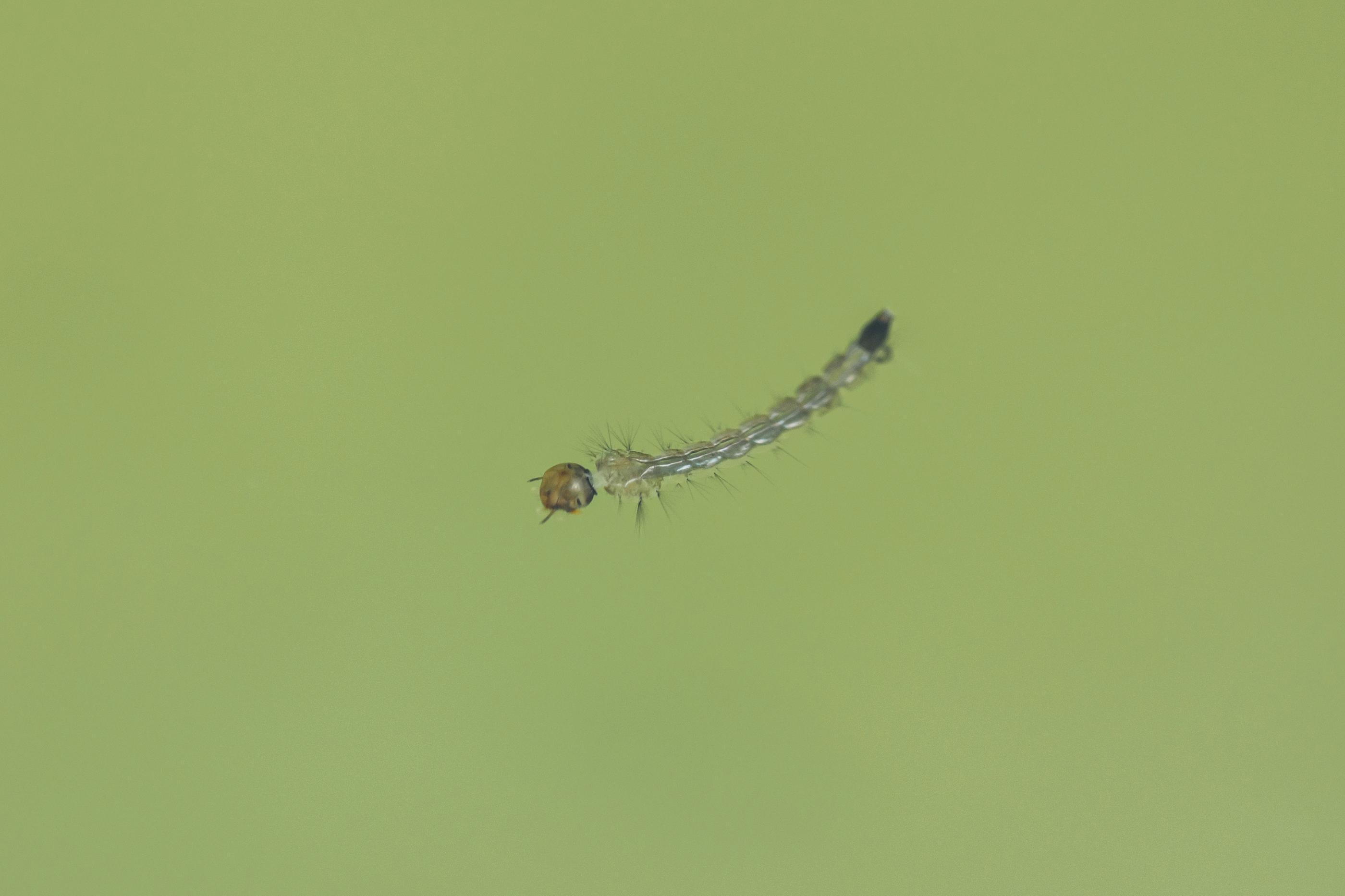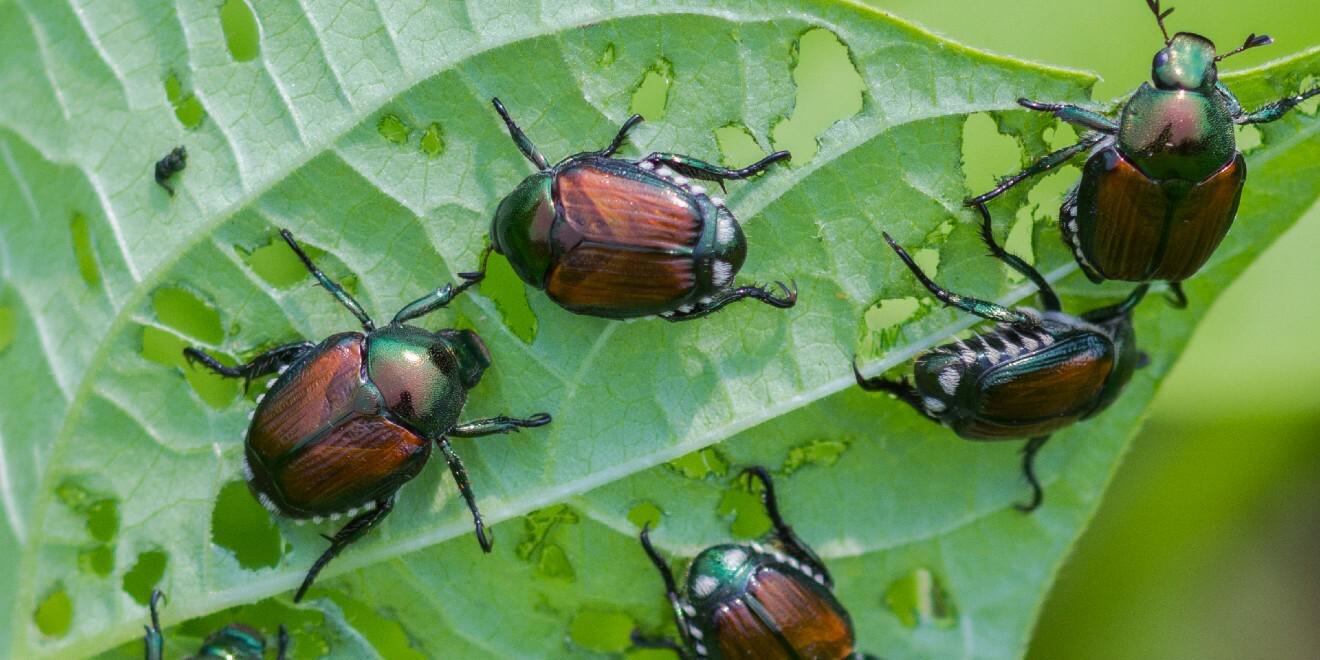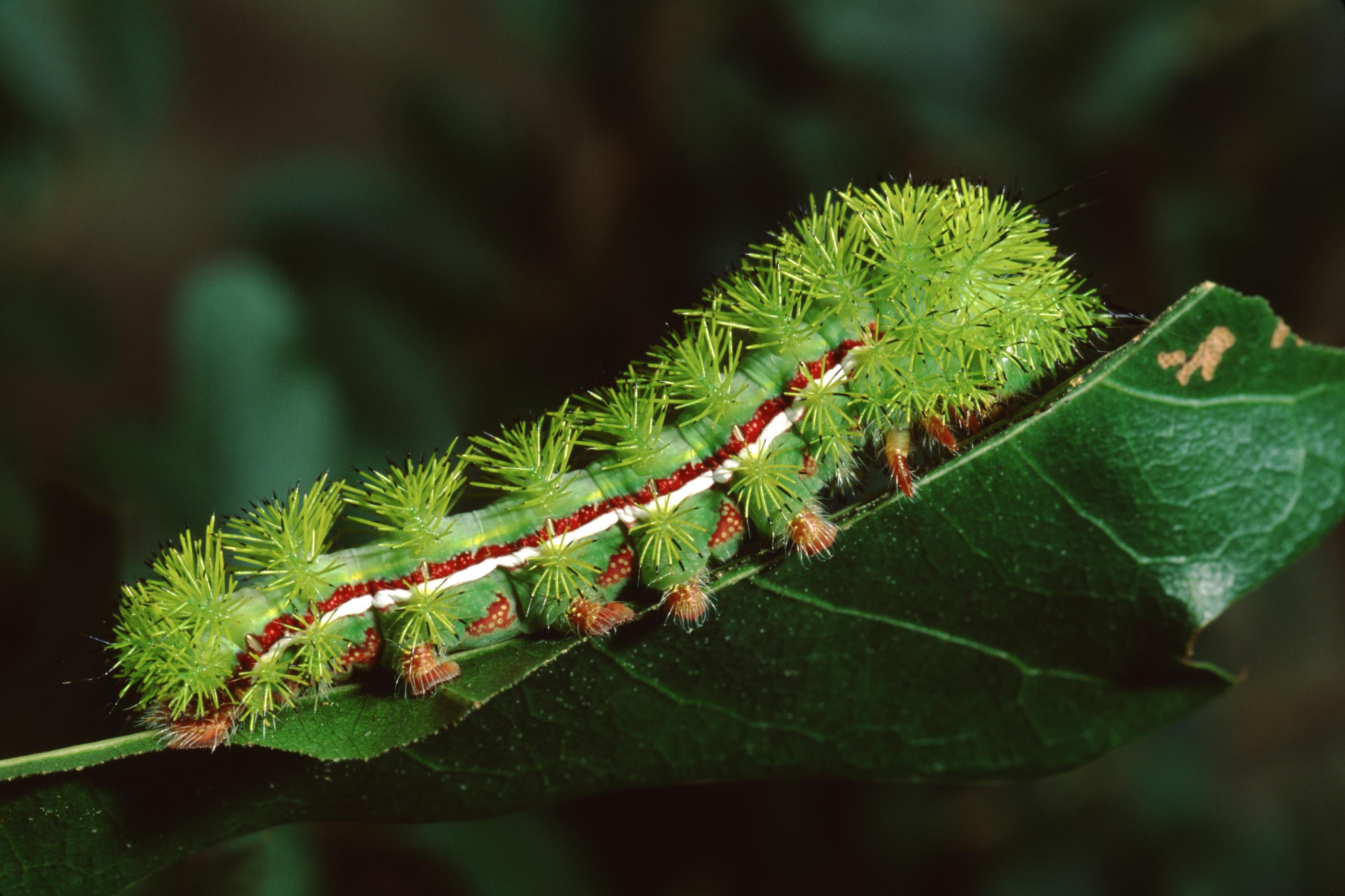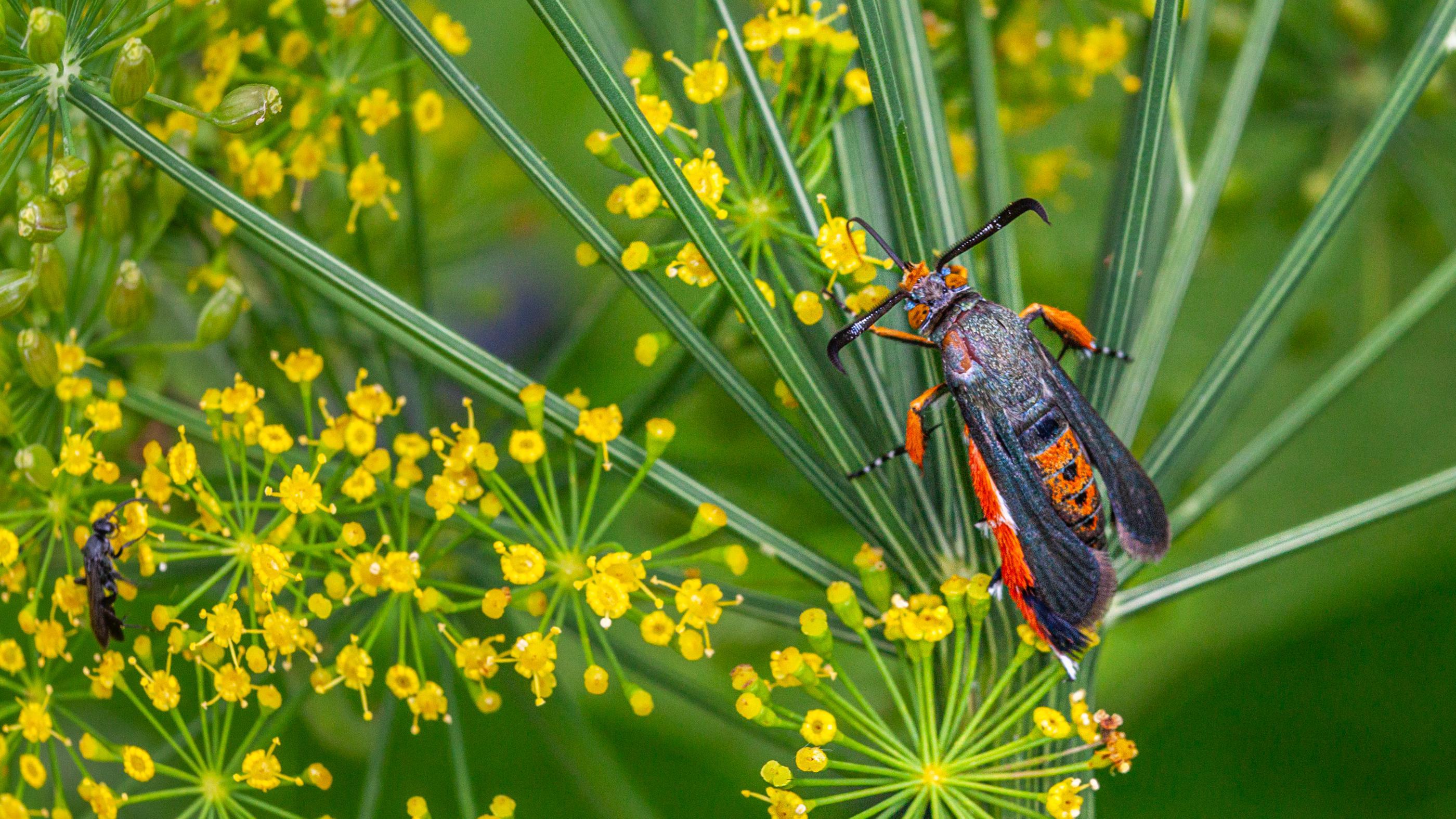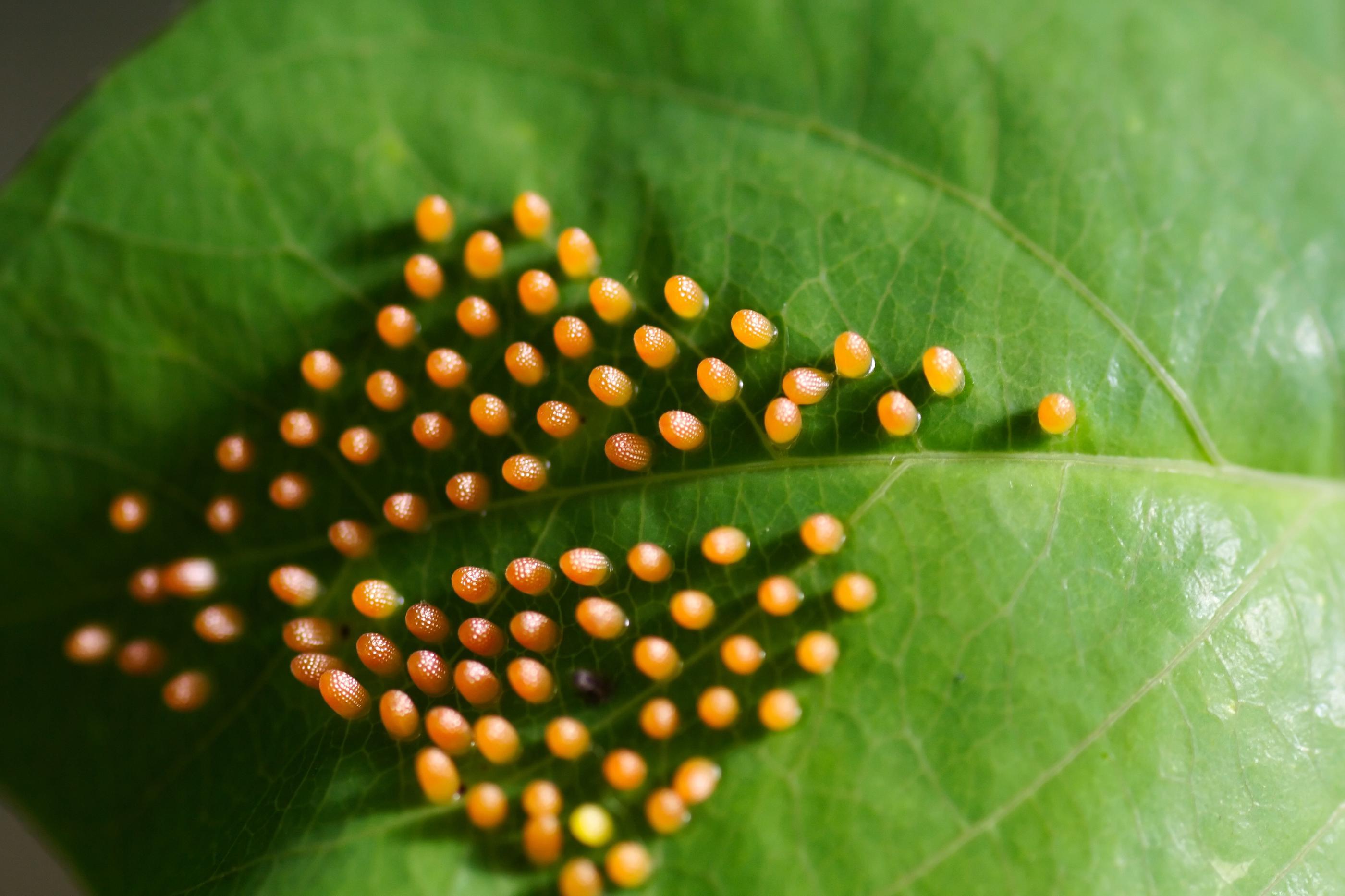Should Tick Control End with Summer?
Posted by Mosquito Squad
December 20, 2023
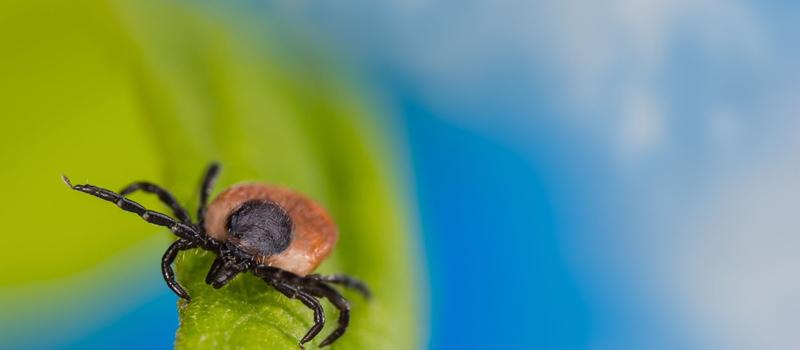
Tick control doesn’t go out of fashion like a pair of white linen pants after Labor Day.
At Mosquito Squad of Nashville, we know that ticks do not get the “official end of summer” memo. Unfortunately for us and our pets, they will still be hanging about long after the fireworks finale. In fact, when the weather cools a bit and rain becomes more prevalent, that’s high time for ticks to prosper.
They love tall grassy areas that are moist; so if it’s not exceptionally hot and dry in Mt. Juliet, the ticks couldn’t be happier.
Ticks are classified as parasites since they all feed on the blood of host animals. There are hundreds of tick species, but only a handful transmit disease to humans.
There are six key species of ticks that live in and adjacent to Mt. Juliet. The ticks that need to be eradicated with Mt. Juliet tick control are:
1. American Dog Tick: Your highest risk of being bitten occurs in spring and summer.
2. Asian Longhorned Tick: An invasive species that can reproduce quickly and cause infestations, most recently a problem in Eastern Tennessee.
3. Black-Legged Deer Tick: As the temperature drops and weather conditions change, this is the culprit to watch for as they may bite humans any time of year that temperatures are above freezing.
4. Brown Dog Tick: As their name suggests, they primarily bites dogs, but can also bite humans or other mammals.
5. Gulf Coast Tick: These disgusting creatures invade nature, mostly feeding on birds, small rodents, deer, and other wildlife.
6. Lone Star Tick: These very aggressive ticks are distinguishable by a white dot on the backs of adult females. A huge concern here causing a critical concern for Mt. Juliet tick control is that once bitten, humans can develop Alpha-Gal Syndrome. It triggers an immune system reaction that later produces mild to severe allergic reactions to red meat, such as beef, pork or lamb, or other mammal products.
Lurking in those tall, cool grasses after summer has faded, ticks do not jump or fly. Instead, they patiently wait and transfer to hosts carrying their disgusting vector diseases with them. As long as the outside temperature is above 45º F, they continue to be a problem – a big problem.
Mt. Juliet Tick Control is a Year-Round Concern
Tick bites and the potential for the spread of tick-borne illnesses never cease. Though less likely in the late fall and winter, your chances of getting a tick bite are never zero in the Nashville area. The bottom line? The tick dilemma is based on weather conditions.
As Mt. Juliet enjoys a humid subtropical climate, the warmest time of the year is between May and September. As for tick season itself, the prime time is typically April through October, with those early autumn months being prime time for Mt. Juliet tick control.
What Type of Mt. Juliet Tick Control is Available in Fall and Winter?
After summer when barrier spray Mt. Juliet tick control is regularly applied, there is another highly effective solution for later in the year. It’s tick tubes.
Tick ticks are manufactured with naturally decomposing cardboard fiber shells that have been stuffed with permethrin-coated cotton. Permethrin is a natural pesticide made from chrysanthemums, and it’s highly effective against ticks. By placing it on cotton inside the tick tube, the hope is that mice will find the cotton, and carry it back to their nests to use as bedding material, thereby killing any ticks that they’re hosting. It’s a simple, but effective way to dial back the tick population in your yard.
Stay protected from the threat of tick bites and tick-borne illnesses all year long tick control in Mt. Juliet TN! Contact Mosquito Squad of Nashville at 615-492-3662.

